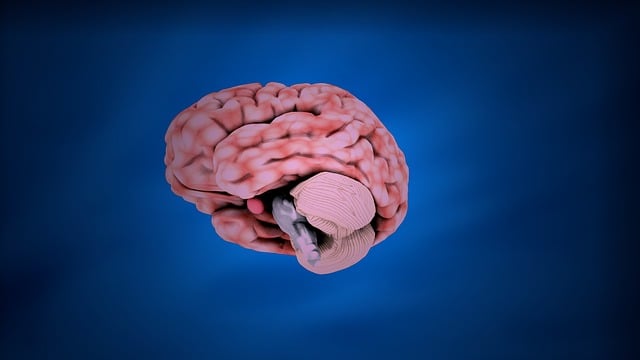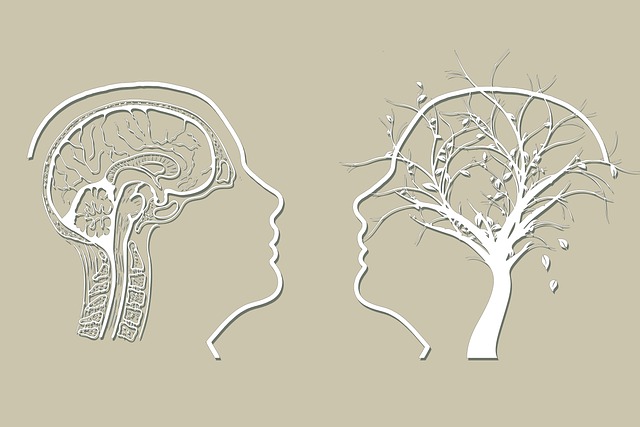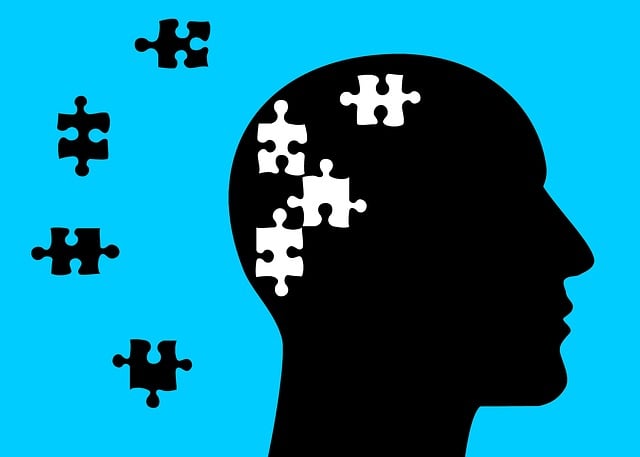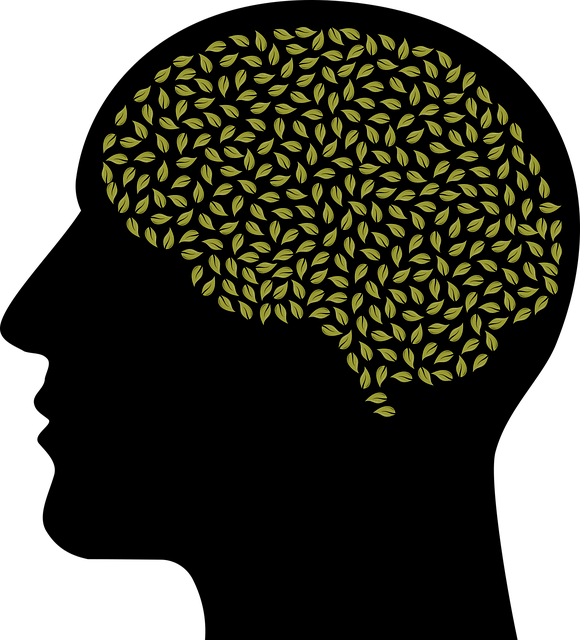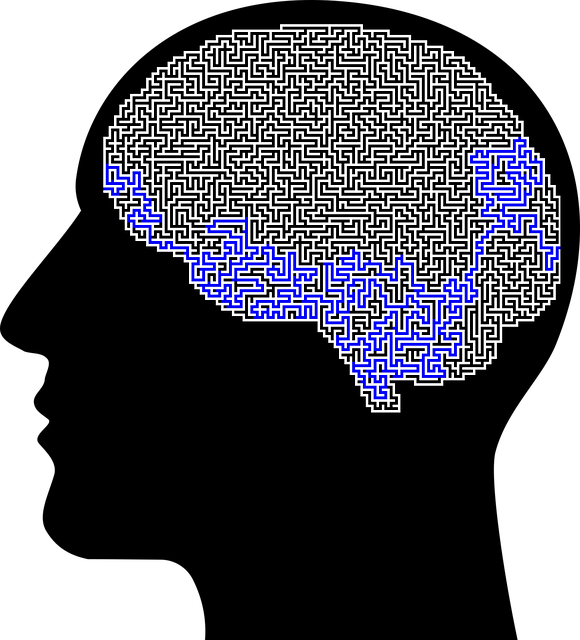Westminster Eating Disorders Therapy (WEDT) employs Recovery-Focused Practice (RFM) to empower individuals in overcoming eating disorders and mental health challenges by fostering resilience, personal growth, and effective coping strategies. Their holistic approach, including mindfulness techniques, empathy-building exercises, and mood management tools, promotes long-term mental wellness while reducing stigma through community understanding.
“Resilience is a powerful tool in the recovery process from eating disorders. The RFM (Recovery Capital Framework) model plays a pivotal role in understanding and enhancing resilience. This article explores how Westminster Eating Disorders Therapy leverages RFM to build mental fortitude. We delve into specific exercises designed to foster resilience, offering a comprehensive guide for professionals and individuals seeking to navigate the challenges of eating disorders. Discover effective strategies, drawing from the successful practices of Westminster Eating Disorders Therapy.”
- Understanding RFM and its Role in Resilience Building
- Westminster Eating Disorders Therapy: An Approach to Strengthening Mental Resilience
- Effective Exercises for Fostering Resilience in Individuals with Eating Disorders
Understanding RFM and its Role in Resilience Building

Resilience is a vital component of mental health, enabling individuals to navigate life’s challenges and adversity with greater strength and adaptability. RFM (Recovery-Focused Practice) is an approach that recognizes the importance of resilience in recovery from eating disorders and other mental health issues. Westminster Eating Disorders Therapy incorporates RFM into their treatment plans, understanding its role in fostering emotional healing processes.
By focusing on resilience, RFM empowers individuals to develop coping mechanisms that go beyond managing symptoms. It encourages a shift towards personal growth, self-acceptance, and the ability to bounce back from setbacks. This approach is particularly effective in trauma support services, as it helps clients understand their experiences within a context of strength and recovery rather than solely focusing on the trauma itself. Depression prevention strategies can also benefit from RFM, equipping individuals with tools to build mental fortitude and maintain well-being over time.
Westminster Eating Disorders Therapy: An Approach to Strengthening Mental Resilience

Westminster Eating Disorders Therapy (WEDT) is a pioneering approach designed to empower individuals in their journey towards mental resilience and recovery. This therapy focuses on providing effective tools and strategies to manage eating disorders, anxiety relief, and overall mental health awareness. By delving into the root causes of these conditions, WEDT aims to reduce the stigma associated with mental illness while fostering a supportive environment for clients.
The program incorporates various exercises tailored to enhance resilience, helping individuals develop coping mechanisms that go beyond the symptoms. Through specialized therapy sessions, participants learn to navigate challenging situations, build self-confidence, and cultivate a positive mindset. This holistic approach not only addresses eating disorders but also contributes to broader mental illness stigma reduction efforts by promoting understanding and empathy within the community.
Effective Exercises for Fostering Resilience in Individuals with Eating Disorders

Resilience is a vital component in the recovery journey for individuals struggling with eating disorders. Effective resilience-building exercises can empower those affected to navigate through challenges and setbacks, fostering a sense of control and enhancing their overall well-being. At Westminster Eating Disorders Therapy, we recognize that every individual has unique needs, so our approach to resilience training is tailored and comprehensive.
One powerful strategy involves teaching mindfulness techniques, such as meditation and deep breathing exercises. These practices help individuals develop a stronger connection with their emotions, allowing them to respond to triggers and intense feelings more effectively. Additionally, engaging in empathy-building strategies can be transformative. Encouraging clients to express their experiences and listen to one another cultivates understanding and fosters a supportive environment, which is crucial for building resilience. Mood and stress management techniques are also integral components of our program, offering practical tools to regulate emotions and cope with stressful situations without resorting to disordered behaviors.
Resilience is a pivotal component in recovering from eating disorders, and Westminster Eating Disorders Therapy offers a unique approach to building this strength. By combining Understanding RFM (Risk, Frequency, and Motivation) with targeted exercises, individuals can navigate their recovery journey more effectively. These practices, as highlighted by effective strategies discussed, empower people to overcome challenges and foster lasting mental resilience, ultimately enhancing their overall well-being.
